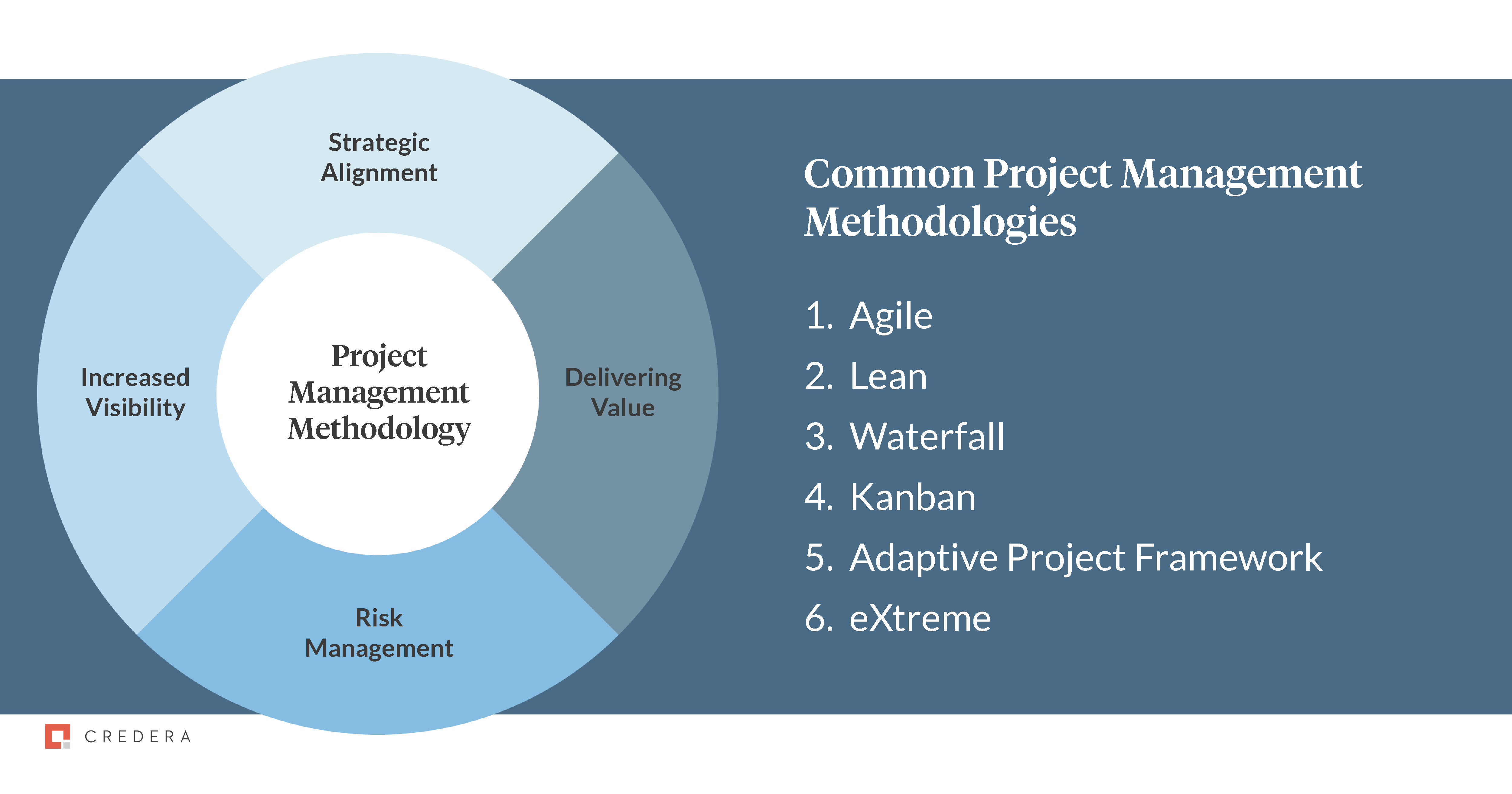Project - Understanding What It's All About
Have you ever wondered about the core idea behind getting things done, especially when it involves a specific outcome or a new creation? It turns out that a lot of what we do, both in our daily lives and in bigger efforts, can be thought of as a "project." This idea, really, has been around for a very long time, even back in the days of Middle English, where it first meant something like a first drawing or a list of things to do. The very early meanings of the word, when it was used as a verb, were all about making a plan or getting something to move ahead, which is pretty much what we still think of today when we talk about making things happen.
So, when someone talks about a "project," they are often pointing to a very particular kind of blueprint or a careful drawing of what you want to achieve. It's a way of looking at a job that has a clear beginning and a definite finish, not something that just keeps going on and on without a stop sign. Think of it as a set of actions that you need to complete, all working together, to get to a specific item, a helpful service, or a distinct result that you've been aiming for. It's about bringing something new into being, something that stands out as unique.
Knowing the steps involved in one of these efforts, you see, gives your "project" a real sense of what it is. It helps you see the boundaries and the shape of what you're trying to build or accomplish. This is quite different from just doing the same old thing every day; a "project" has a special kind of purpose and a clear finish line that makes it stand apart. It's about a temporary stretch of work with goals that are set out ahead of time, leading to something that's truly distinct.
Table of Contents
- What Exactly Is a Project?
- How Does a Project Differ from Everyday Work?
- Why Do We Need to Plan a Project?
- What's Next for Your Project Understanding?
What Exactly Is a Project?
So, what exactly is this thing we call a "project"? At its very core, it's a specific plan or a particular design. It's not just a vague idea floating around; it's something you can point to, something that has a shape and a purpose. People often talk about a "project" as a collection of tasks, a series of steps that absolutely must be finished to get to a particular item or outcome. Think of it like putting together a puzzle; each piece is a task, and when all the pieces are in place, you have the complete picture, which is your finished "project." It's a temporary effort, you see, something that has a clear beginning and a definite end point. It's not meant to go on forever, but rather to create something truly unique, whether that's a new item, a service that hasn't existed before, or a particular result that stands on its own. This idea of a fixed start and finish is quite important for defining what a "project" is all about, and it helps you to really focus your efforts on achieving that special outcome.
How Did the Idea of a Project Come About?
It's interesting to consider where the idea of a "project" first took root. The word itself, you know, comes from Late Middle English. Back then, it was used to mean something like a preliminary drawing or a list of things written down. This gives us a little peek into how people started to think about organizing their work. The early ways the verb was used were all about making a plan or causing something to move forward. This suggests that from the very beginning, the concept was tied to purposeful action and bringing something new into existence. It wasn't just about doing work; it was about doing work with a clear goal in mind, with the aim of getting somewhere specific. So, in a way, the historical meaning of "project" really sets the stage for how we understand it today – as a focused effort to achieve something distinct and new. It's a term that has kept its core meaning over a very long time, which is quite something, really.
How Does a Project Differ from Everyday Work?
When we talk about a "project," it's often helpful to think about how it's different from the kind of work you might do every single day. Regular, ongoing operations, like answering customer calls or making sure the lights stay on, typically don't have a fixed end date. They just keep happening, day in and day out. A "project," however, is a different sort of beast. It always has a start date and an end date, which means it's not an ongoing operation. It has a set duration, a specific period of time during which all the work needs to be completed. This is a pretty big distinction. Because a "project" is temporary, it usually has a defined scope, meaning there's a clear understanding of what's included and what's not. It also typically has a set budget, a certain amount of money put aside for it, and particular resources, like people or tools, assigned to it. These clear boundaries help to keep the work focused and ensure that everyone knows what they're aiming for. So, while both involve work, the temporary and unique nature of a "project" really sets it apart from the daily grind.
What Makes a Project Special?
What makes a "project" truly special, then? Well, it's that it's a temporary effort that aims to create something unique. This uniqueness is a key characteristic. It's not about making another copy of something that already exists; it's about bringing a new item, a new service, or a new outcome into being. This could be anything from building a new house to developing a new kind of software, or even putting on a special event. Each of these things, you know, is distinct and has never been done in exactly the same way before. The life cycle of a "project," which is the series of phases it goes through from its beginning to its completion, also highlights its special nature. It moves through different stages, each with its own set of activities, until the final goal is reached. This structured path helps to manage the work and ensure that the unique result is achieved. So, it's the combination of being temporary, having specific goals, and producing something truly one-of-a-kind that makes a "project" stand out.
Why Do We Need to Plan a Project?
You might wonder, why is it so important to plan a "project" so carefully? The simple truth is that planning helps to give your "project" definition. Without a clear plan, it would be a bit like trying to bake a cake without a recipe – you might end up with something, but it probably won't be what you intended. Planning involves setting specific goals and objectives, which are the targets you're trying to hit. It also means figuring out what the primary limits are for your "project." These usually involve the scope, meaning what work needs to be done; the time, meaning how long you have to do it; and the budget, meaning how much money you can spend. These three things are often called the main constraints, and they really shape what your "project" can achieve. A good plan also helps to identify what information is needed, and this is usually written down in "project" documentation right at the start. This way, everyone involved knows what's expected, what the boundaries are, and what success looks like. It's a way of making sure everyone is on the same page and working towards the same outcome, which is pretty important, really.
What Tools Help with a Project?
When it comes to getting a "project" done, there are definitely tools that can make the whole process much smoother. For instance, there's a software product called Microsoft "Project," which is made by Microsoft. This particular tool is set up to help someone who is guiding a "project" with a whole bunch of tasks. It can assist in putting together a schedule, figuring out who does what by assigning people to different activities, keeping track of how things are moving along, looking after the money side of things by managing the budget, and even checking how much work everyone has on their plate. It's a way to get a clear picture of everything that's going on and to make adjustments as needed. There are also other resources, like those from Oxford University Press, that offer teaching materials for the English language, which might touch upon the meaning of "project" in different contexts. And if you're looking for definitions, you can even look up "project" management in places like Wiktionary, which is a free dictionary. These kinds of tools and resources are there to provide support and make the work of guiding a "project" a little less complicated.
What's Next for Your Project Understanding?
So, after thinking about what a "project" is, what's the next step for your own understanding? If you're thinking about getting into the field of guiding "projects" or even just starting your very first one, it's a good idea to make sure you know the basics. This includes truly grasping what a "project" is at its core. It also means getting a handle on the part that someone who guides a "project" plays, and how all of that fits together. There's a lot of information out there to help you get a better grip on these ideas. For example, you can find training courses and support materials specifically for Microsoft "Project," which can give you hands-on experience with a common tool. There are also community-driven efforts, like patches for certain game modifications, that invigorate the "project" experience further by fixing issues and adding new features. All of this helps to show that the concept of a "project" is a living thing, something that people are always working to refine and improve. It’s about organizing a company's resources – like people, money, and time – to get a specific task, event, or goal completed. Knowing these foundational ideas will definitely set you on a good path, giving you a solid footing as you move forward with any kind of "project" you might be involved with.
- Jav Actress
- Callmesherni Facebook
- What Is The Rarest Hair Color
- Whatfinger News
- Josh Pate College Football

What is Project Management, Your Ultimate Guide on learning the Art - nTask
The Ultimate Guide to Project Management | HubSpot

Choosing the Right Project Management Methodology | Credera